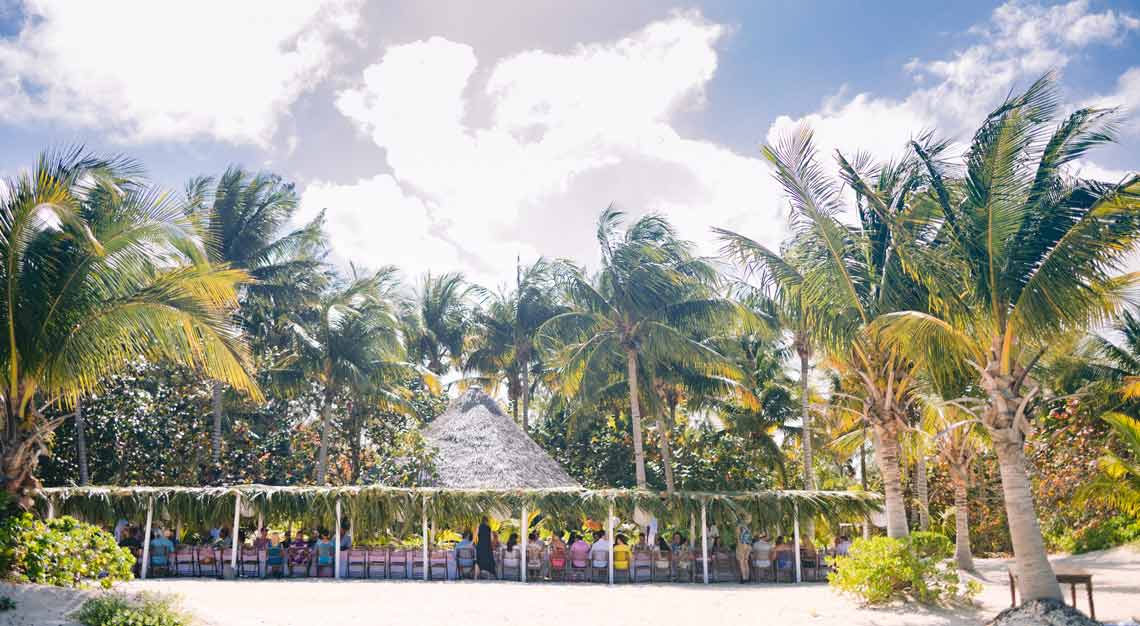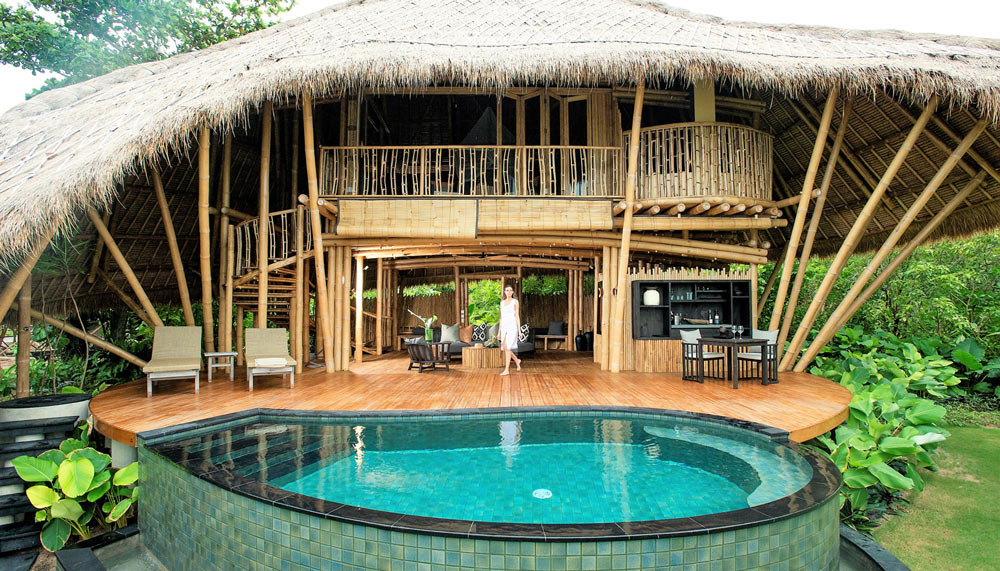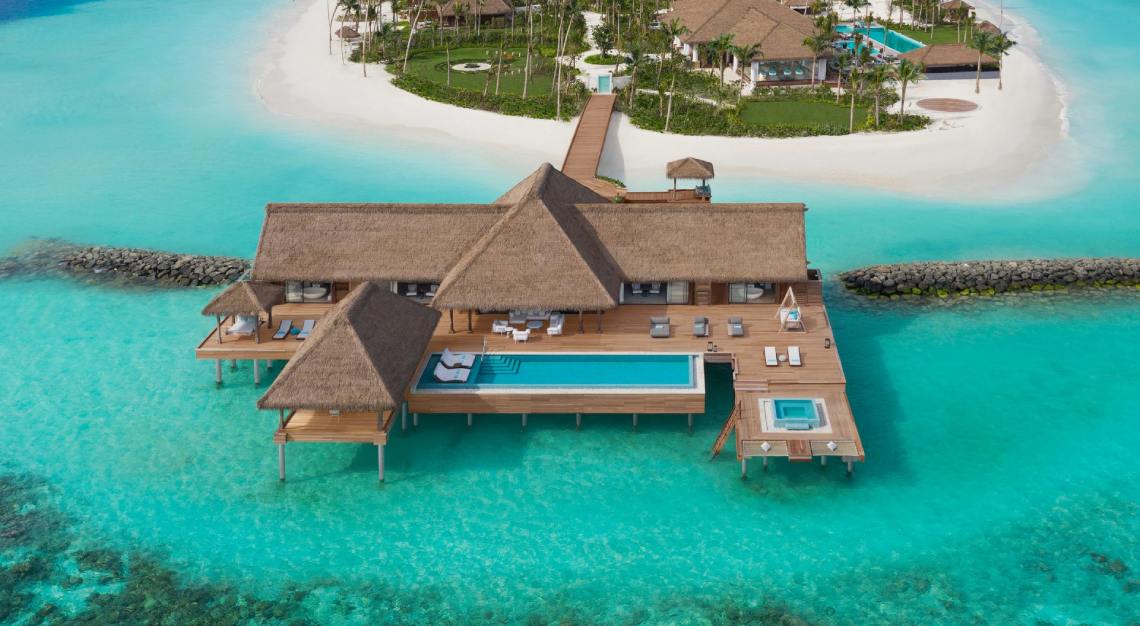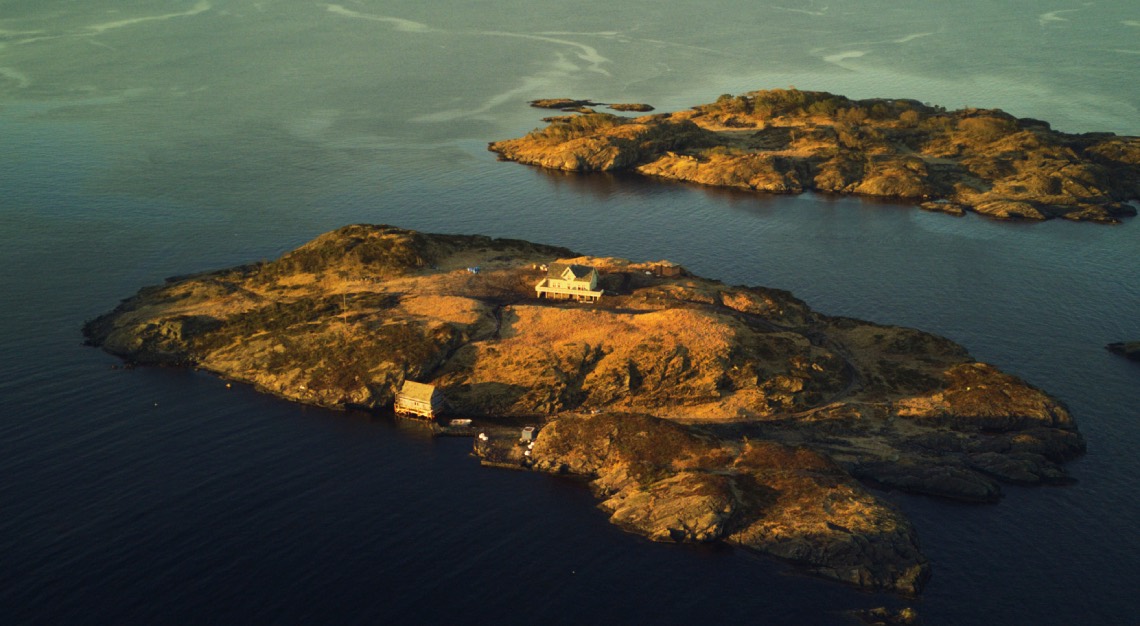These private island owners are bringing back the nostalgic yesteryears of travelling, and we’re all on board
There is a romantic and charming notion of owning a private island, especially one that’s as breathtaking as Kamalame Cay in the reef-fringed Bahamas. Meet owners Michael King-Hew and David King-Hew and you’ll be convinced. The couple run the 38.8-hectare Bahamian island that’s famed for its barefoot chic luxury. The late David Rockefeller, apparently, was a regular.
2020 will be a huge year for both of them with the launch of COCO Bahama Seaplane Limited, a new boutique airline that will offer the first all-year seaplane charter service to the Caribbean islands in 50 years. And with four new stylish beach bungalows and two luxury villas that will also be added to the property next year, we reckon Kamalame Cay will soon reach a new pinnacle of luxury tourism. Here, the eloquent duo schools us on the private island business, and plans an itinerary for two days on the island.
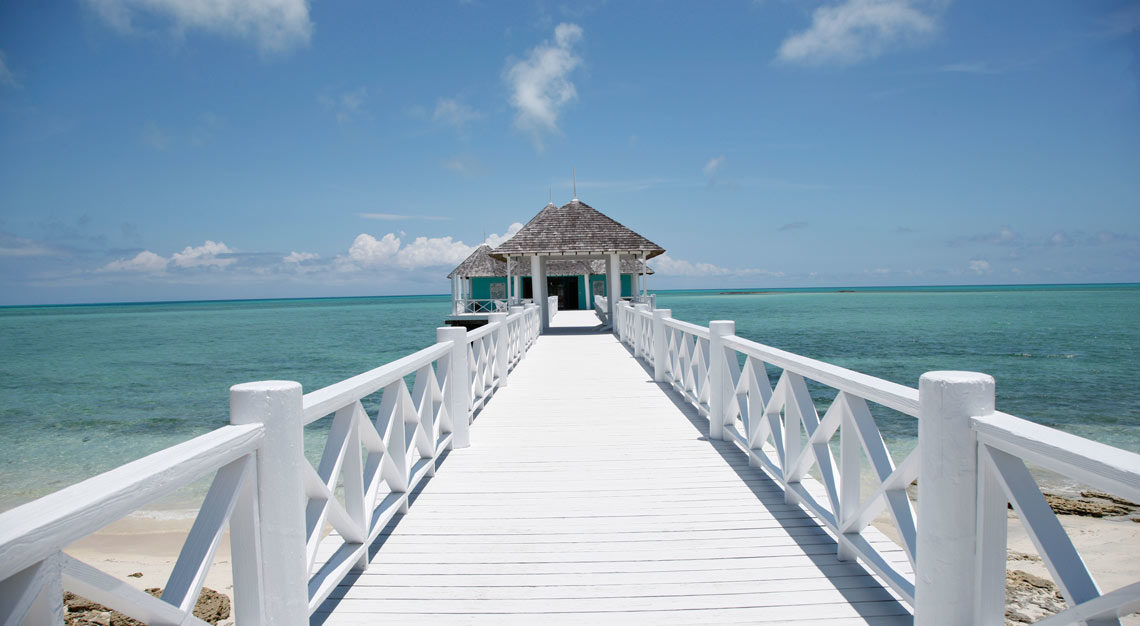
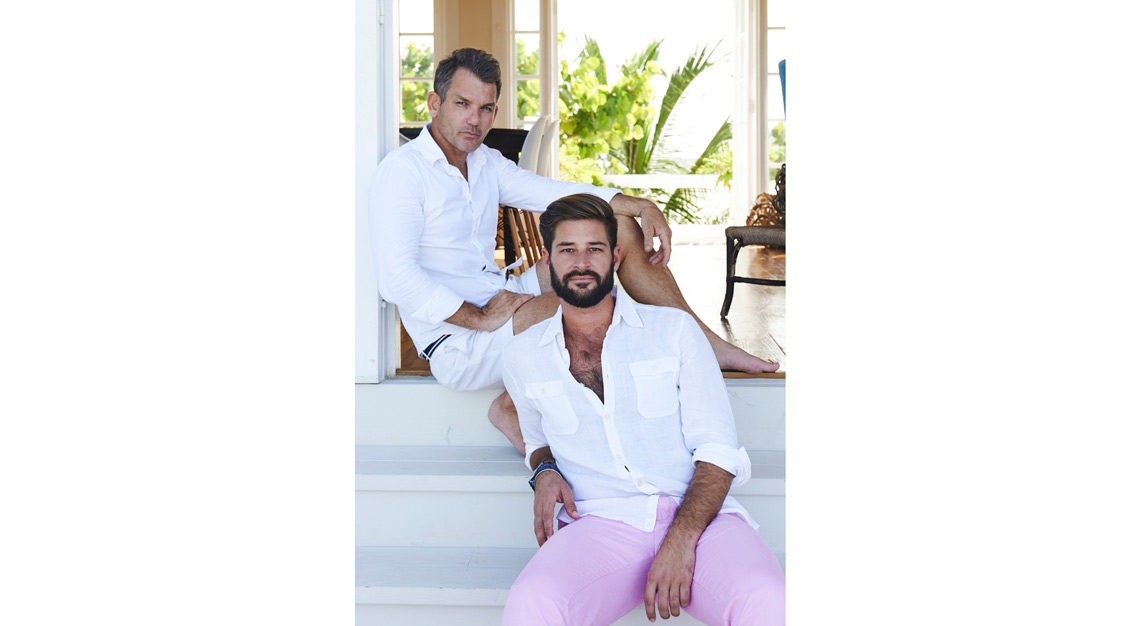
Tell us more about what’s to come with the launch of COCO.
Michael King-Hew (MKH): COCO is a new boutique seaplane airline that will launch in late 2020 – and it’s the first to be built in the Bahamas in 40 years. Guests will be able to reach Kamalame Cay by seaplane instead of the ferry, which is currently the only way of transport. What we’ve also seen in our guests lately is the desire to bring back the romance of flying – and specifically the need to do away with long queue lines and inconvenient checks at the immigration.
How would COCO directly impact Kamalame Cay?
MKH: COCO is critical to us because it will impact our guests’ experience at the property from the outset. Upon reaching Nassau airport, they’ll be greeted by a car which will get them to a private seaplane terminal. They’ll then hop onto a seaplane, which will arrive at the beach right in front of their villa they. With this, guests can also fly from Kamalame Cay to other islands as well as in the Bahamas – all without having to book a charter service.
What are the important factors to take note of before purchasing an island?
David King-Hew (DKH): Logistics is one of the most important factors to think of in this line of business. If you don’t bring products or goods into the island, they’re not going to be there. You don’t have the luxury of hiring furniture at the last minute.
MKH: The truth is, what most of us don’t realise is that if you buy a private island, you’re just buying a piece of land that’s floating in one of the world’s many oceans. The island comes without power, water, or any of the infrastructure that you would have taken for granted if you were in a city. The investment you have to spend on infrastructure is enormous, and all of this has to be dealt with before you even start on construction and designing.
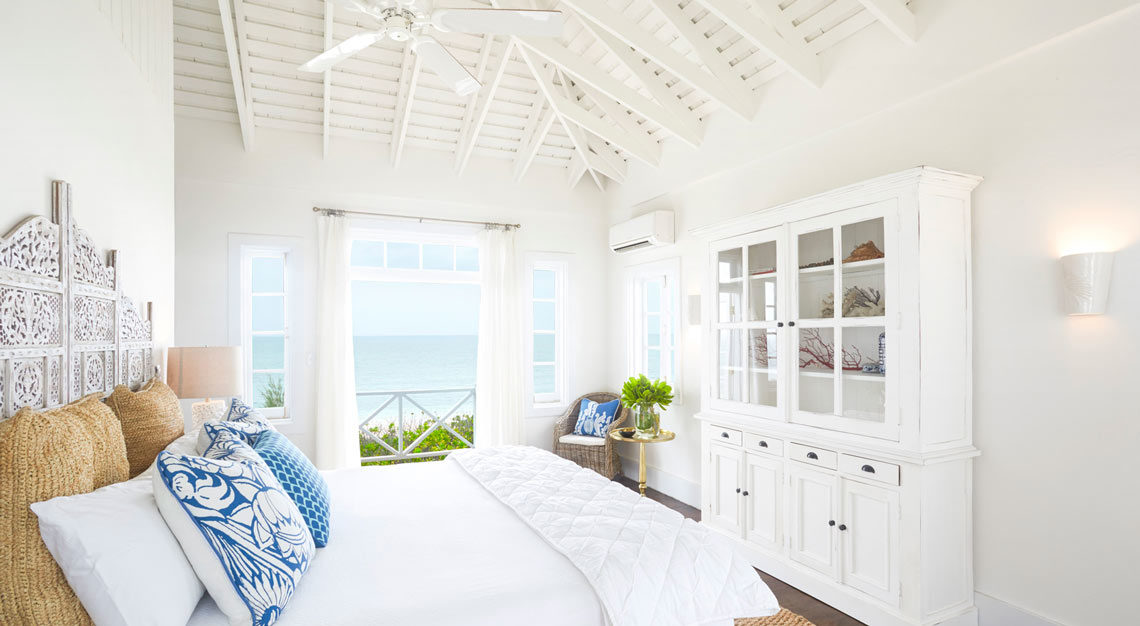
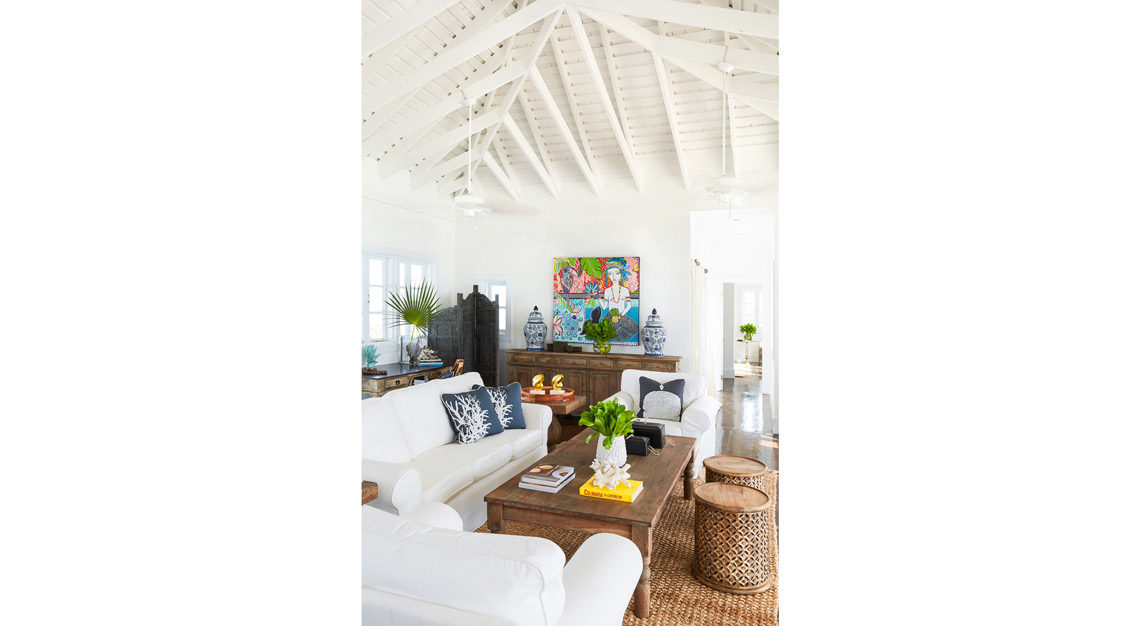
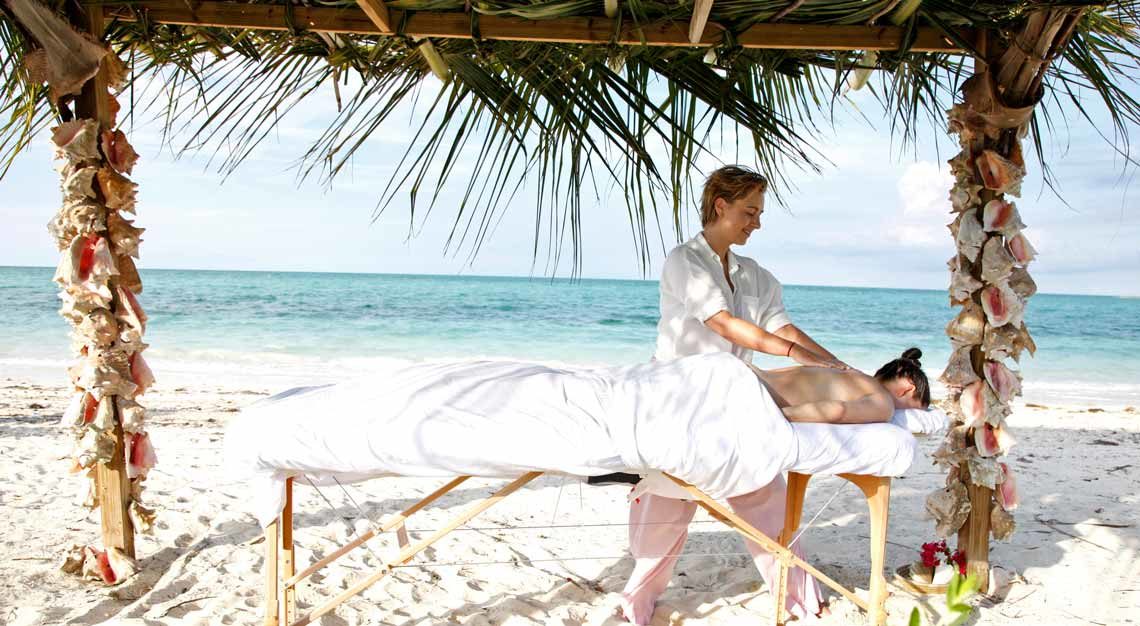
What are some of the misconceptions people have in the business of running a private island?
MKH: There is this saying that just because one likes to cook, this doesn’t mean he or she would make a good chef. And even if you’re a good chef, that doesn’t make you a successful businessman. So when people look at the private island business, it may look very glamorous, but the job actually takes up as much effort as any other hospitality job in the world, or even more.
DKH: With that being said, being on an island is equivalent to being on a ship. The sun, for one, is extremely hard on fabrics, so the maintenance part is always a challenge for us. Hence the need to invest in higher quality furniture.
What are the challenges private island owners have to face in maintaining the island and property?
MKH: It has its fair share of challenges. For instance, if a guest wishes to throw a big party at the eleventh hour and you need 50 extra chairs, they’re not going to arrive from a neighbouring island instantly. You’d need to wait for three days. Hence, we’ve stopped being so blasé with products in general. It isn’t logical for us to say: “We love this $100 metal lamp, so we’ll buy it for the villas and have it replaced every season”. Because the fact is, it’s difficult to replace or dispose furniture due to the amount of logistics involved. There is a shift in how you look at property assets and how you run a business on an island.
DKH: We are also constantly building a Bahamian working culture on the island, so the challenge arises when we need to train staff who possess very little or zero knowledge in customer service. But it’s been a rewarding journey – as a result, you gain very loyal employees who work diligently to climb up the ladder of the business. Today, Kamalame Cay adopts a multi-generational workforce. You’re part of this whole community who look out for one another.
What are the pros and cons of purchasing a developed and undeveloped island?
MKH: The biggest advantage to purchasing an undeveloped island is that it’s essentially a blank canvas, so you can do whatever you want with it – within limitations of time and money of course. Meanwhile, for a developed island, somebody has done all the hard work of building an infrastructure. This, in some cases, can take five to 10 years to develop, and it requires lots of logistics. But that said, you’ll have to be prepared to accept someone else’s creative vision or operational strategies.
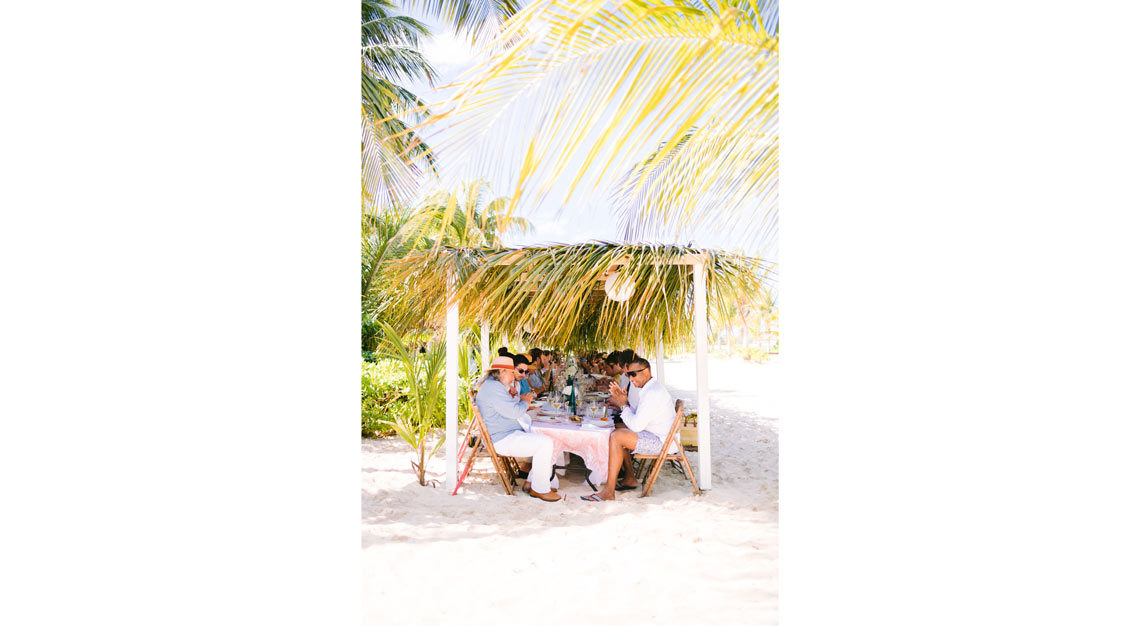
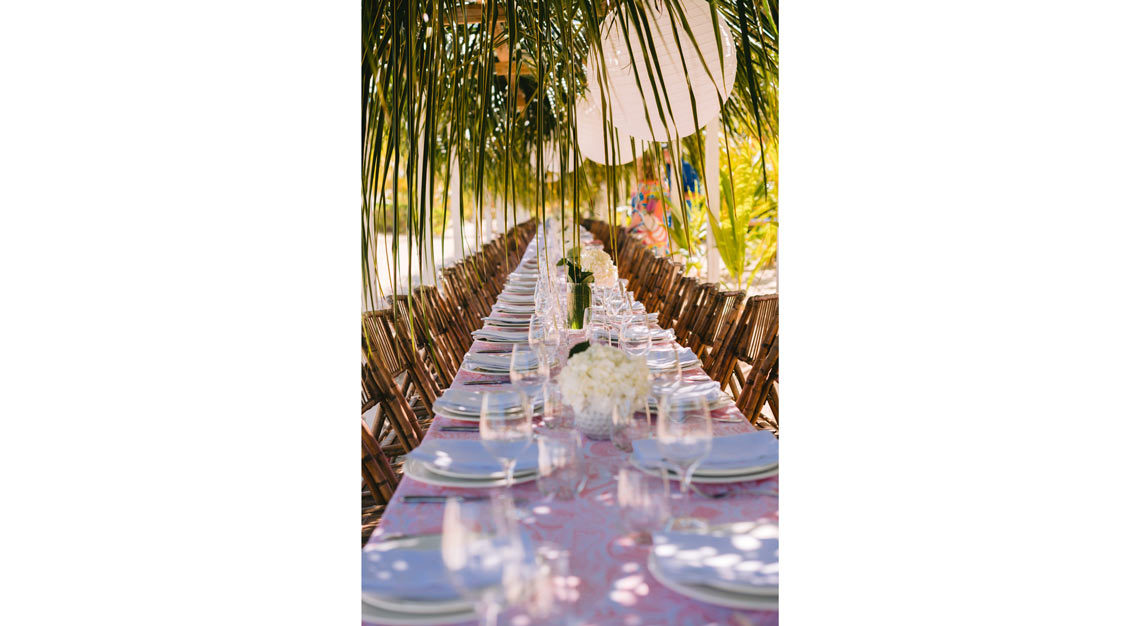
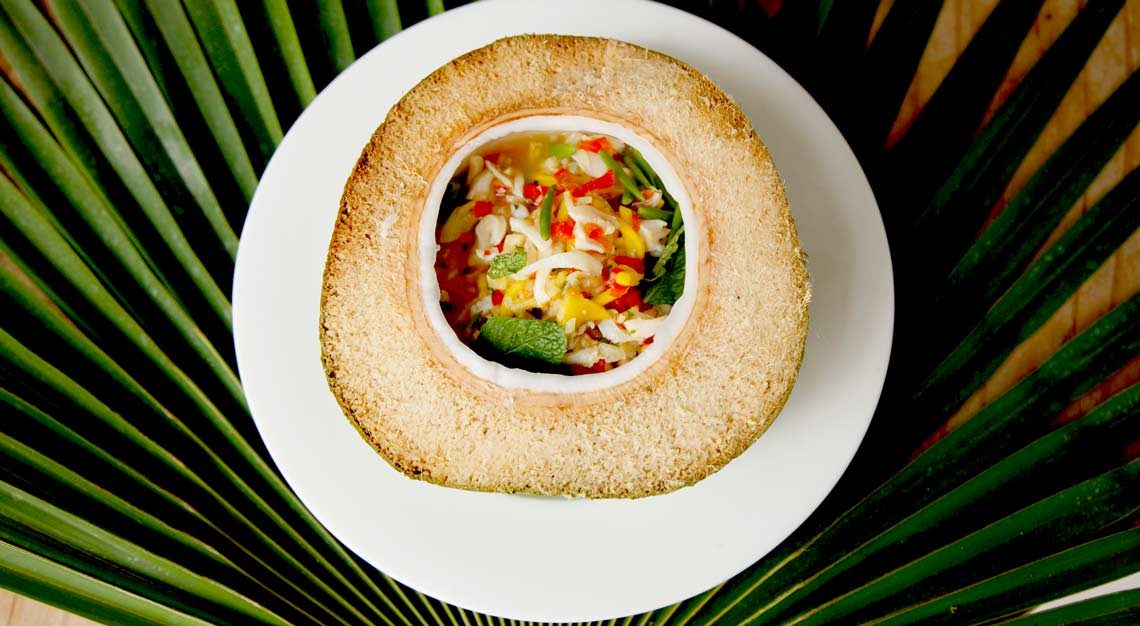
What’s in store for Kamalame Cay, say for the next five years?
MKH: We’ll be adding another 30 villas, a new clubhouse, more pools and a 40-slip marina to the property. This is in addition to more boutiques, restaurants and base for the arrivals and departures of seaplanes. Kamalame Cay will definitely double in size in the next five years. Right now, we can accommodate up to 100 guests, but by 2025, the number may reach 200. We want to grow, yet still remain true to the ethos of what the property is all about.
Word of advice for entrepreneurs who wish to develop a hospitality business in the private island sector.
DKH: It’s going to take longer than you think. You will not only be creating a property from scratch, but will have to spread the word about it too. My parents began building the infrastructure of Kamalame Cay 25 years ago. Today, they can finally come for lunch on the island and leave without having to worry about the operations. It’s definitely a long road, but it will be fulfilling.
I have just two full days at Kalamame Cay. What will I have to do before I leave?
MKH: You could sleep in late one morning, and we’ll bring you your little breakfast basket which will have your choice of juice, pastries, yoghurt and fresh fruits from our farms. You could stay in bed and enjoy the view of the ocean, or hop onto a boat and explore the reef, the third largest barrier reef in the world. You could also go on a snorkelling or diving trip, or catch lobster or fish and have our chef cook it for dinner.
As evening falls, enjoy some Champagne at the beach and gaze at the stars, or lull yourself to sleep on a hammock. Sign up for our spa treatment the next day and be mesmerised by the fishes in the ocean that swim beneath the glass floorings. The idea is to truly have quality time with yourself without having to look at the watch. Where else do you have to be? You’re stuck on an island, and you have to embrace that.
